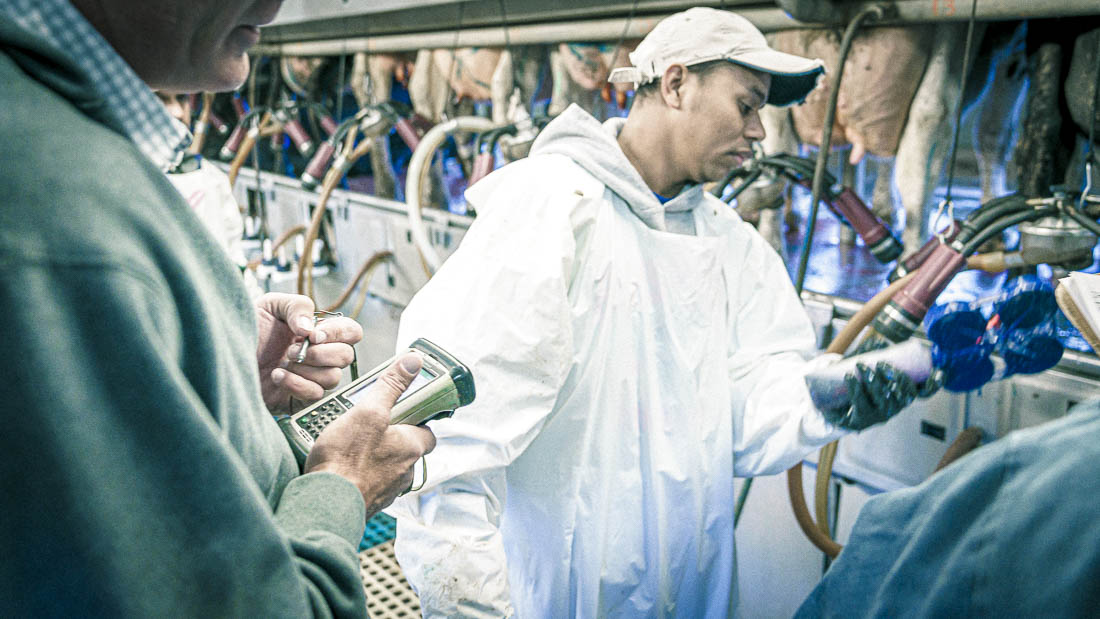Testing for disease in cows is essential for maintaining cow health and preventing the spread of illness within the herd. Even when a test comes back negative, could the cow still be sick? And if a test is positive, is it always accurate?
Understanding the strengths and weaknesses of different tests is crucial for making informed decisions about cow treatment and overall herd management.
Specificity and Sensitivity
When testing for disease, two key terms determine accuracy: sensitivity and specificity.
- Sensitivity measures how well a test identifies positive cases. A highly sensitive test correctly detects most sick people, but it may also produce false positives. Sensitivity measures the proportion of positives that are correctly identified (e.g., the percentage of sick people who are correctly identified as having some illness).
- Specificity measures how well a test identifies negative cases. A highly specific test correctly identifies healthy people, but it may miss some infections (false negatives). Specificity measures the proportion of negatives that are correctly identified (e.g., the percentage of healthy people who are correctly identified as not having some illness).
A study from John Hopkins on COVID-19 testing showed that false negatives could be as high as 1-in-5, highlighting the limitations of test accuracy.
Animal Lab Tests
The same issues with test accuracy apply to animal testing. For example, in culturing mastitis, we typically run a culture when we see garget in the milk — but by that point, the infection is often well advanced.
It’s frustrating to get no growth from a lab test, only to realize the bacteria is gone and you’re seeing the aftermath of the infection.
If a cow appears sick in the cow pen, early and accurate diagnosis can prevent costly treatments or even a trip to the cow hospital.
PCR tests — which detect genetic material from a pathogen — are fast and highly specific, but they can be too sensitive. After 32 cycles, the test may detect fragments of genetic material rather than a live organism. A positive result doesn’t necessarily mean the pathogen is still active.
Milk cultures can also be tricky. Timing is critical, especially if the sample is shipped off for testing. Even if the organism is alive, the type of agar used can still cause a false negative.
What happens when you do not know?
You test again.
Repeated testing, combined with an understanding of the biology and infection history, leads to more accurate results. Maintaining cow health relies on early detection and reliable test results, helping to prevent larger herd issues.


